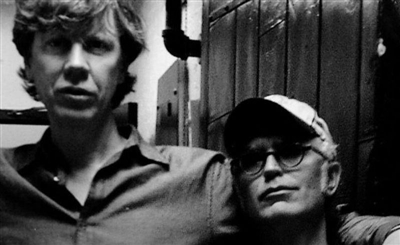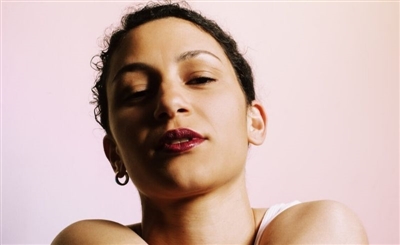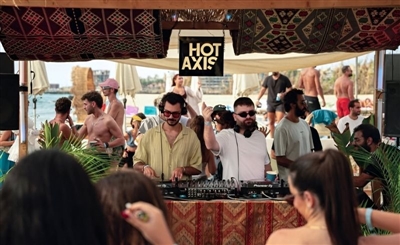The People's Radio: Reflecting on One Remarkable Year of Radio AlHara
From an online radio station born in lockdown, to a global movement that captured the imagination of everyone its touched, Majd Shidiac looks back at Radio AlHara's first year on the airwaves.
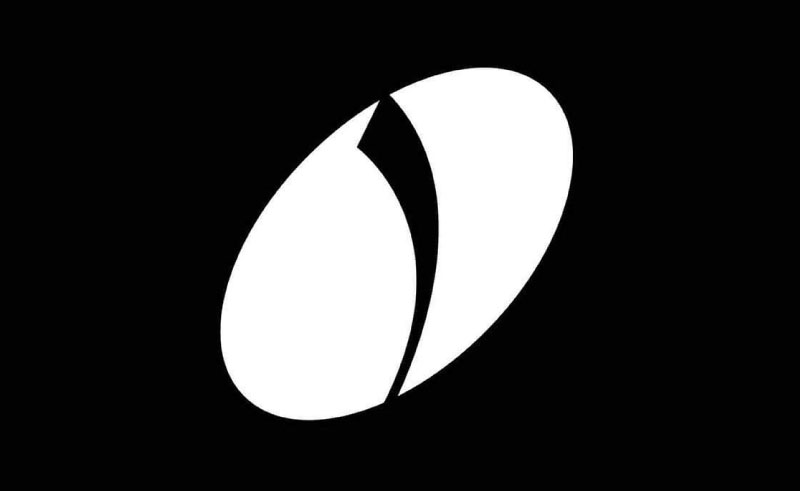
Every aspect of Fil Mishmish set the tone for what the radio will look like for months to come. Telling the story of how the festival came to be, Saeed reflects on a very genuine process of collaboration from every artist and contributor. “We were initially aiming for 24-hour programming, then Moe Choucair (founder of The Ballroom Blitz and Radio AlHara resident) jumped in and said give us a week, and we’ll do something much bigger.” And that’s exactly what happened.A year ago around this time, I sat at my bedroom work desk to write about a pirate radio station that emerged from the shackles of lockdown to broadcast to a melancholic world. Back then, the radio was still an exciting notion filled with ‘what ifs’ and ‘what could be’. I sat with the team behind Radio AlHara, just a few weeks into their journey, as they described a vision of identifying the whole world as one neighborhood.
A year and thousands of broadcasting hours later, I sat down with the boys from ‘the neighborhood’ again to discuss how a lockdown sensation turned into a global movement with local roots. Radio AlHara became a force on the airwaves, sharing sounds from every corner of the globe, pushing boundaries and creating what could be one of the most inspiring collective movements of our current times.
Joined by Mothanna Hussein and Saeed Abu Jaber, the dynamic duo running Amman-based design studio Turbo 45, multidisciplinary artist and thinker, Yazan Khalili, and the ever-endearing Elias and Yousef Anastas of Local Industries in Bethlehem, join us as we take a trip down a year of special RA moments.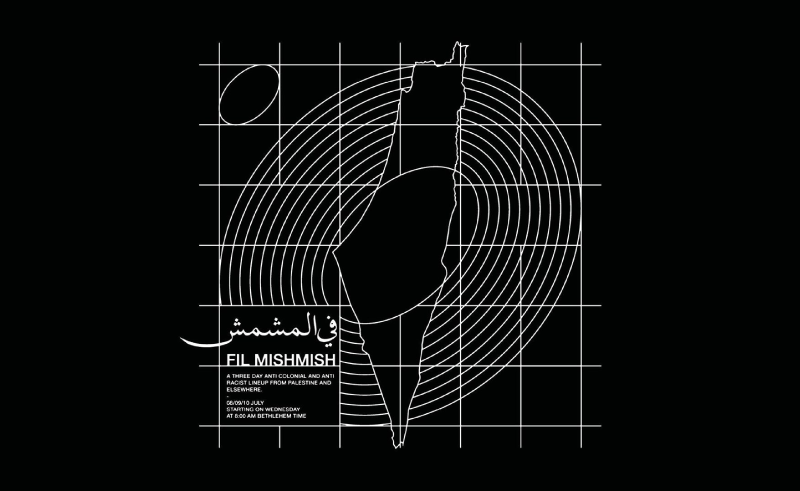 Even though Radio AlHara garnered great attraction as a consoling light in a dark quarantined world, the full extent of its potential first appeared in their structure- breaking ‘Fil Mishmish’ festival. In response to the American-sponsored annexation, Radio AlHara organised a 72-hour festival in a sheer act of solidarity and defiance. For the first time, the platform opened its airwaves for artists, DJs and music enthusiasts from all over the world, and they all had much to say. When the systems were calling for divide and reinforcing their machines of injustice, the radio opened a new front for musical liberty. The boys recount that the idea of the festival was a rather spontaneous outburst that was met with overzealousness, almost as if this musical defiance was bubbling in the depths of every contributor and was ready to overflow the second it got a chance- and that’s what the festival provided.
Even though Radio AlHara garnered great attraction as a consoling light in a dark quarantined world, the full extent of its potential first appeared in their structure- breaking ‘Fil Mishmish’ festival. In response to the American-sponsored annexation, Radio AlHara organised a 72-hour festival in a sheer act of solidarity and defiance. For the first time, the platform opened its airwaves for artists, DJs and music enthusiasts from all over the world, and they all had much to say. When the systems were calling for divide and reinforcing their machines of injustice, the radio opened a new front for musical liberty. The boys recount that the idea of the festival was a rather spontaneous outburst that was met with overzealousness, almost as if this musical defiance was bubbling in the depths of every contributor and was ready to overflow the second it got a chance- and that’s what the festival provided.
With the help of music collectives like The Ballroom Blitz, AS AA S program and Recordat, what started out as a 24-hour concept and was marketed as a 72-hour programming, effectively ended up as an 80-hour stream full of eclectic sound journeys with revolutionary audio excerpts and poetry from around the world. It was Radio AlHara’s first round-the-clock broadcasting, which helped it traverse time zones effortlessly, connecting with audiences worldwide.
Every artist pushed the boundaries of the festival in their own way, with some producing original recordings just for the occasion - but what was even more remarkable is the diversity of the lineup itself. “Fil Mishmish was quite representative of what the radio is today actually, because you had very established DJ’s and artists playing back-to-back with music enthusiasts, collectors or people who were playing a set for the first time- and that’s in the spirit of the radio,” Elias explains. With contributions from veterans like Julmud, Dakn, Rasha Nahhas, Zeid Hamdan, Khyam Allami, Bachar Mar Khalife and Nicolas Jaar to the many soundscapes that offered fresh musical interpretation by new artists, Fil Mishmish positioned Radio AlHara as the people’s radio - a sound medium run by and for the community, finding new approaches and reimagining givens; almost as if jazz was a worldview.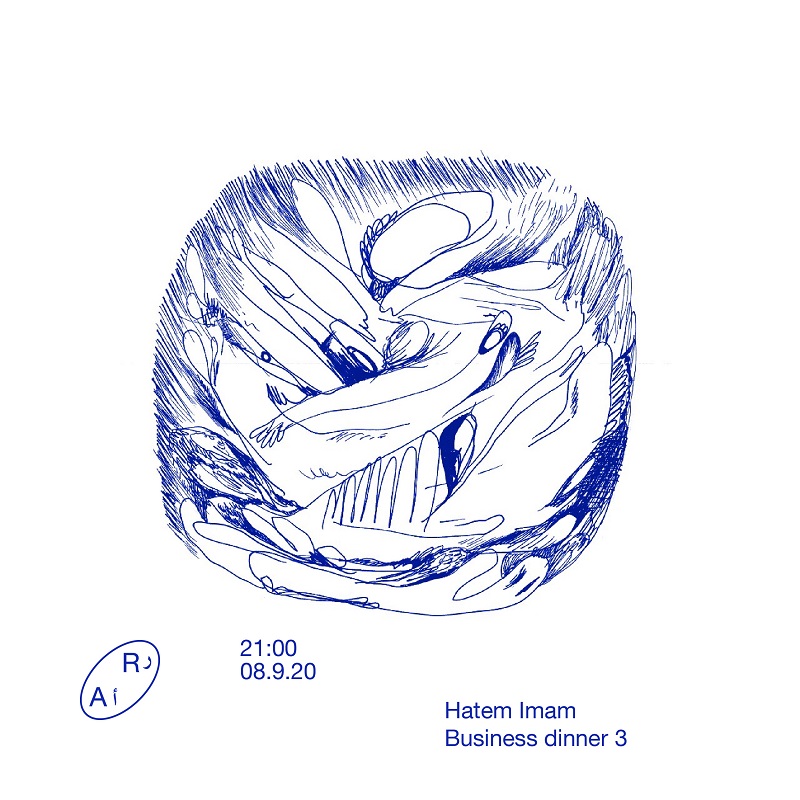 In this collective ceremony, the community explored its untapped potentials to imagine a world connected, discovering new ways of reaching out and pulling in; transforming a deep moment of struggle into a fulfilling yearn for connection. “The best part of the festival was the collective story we were building,” Yousef explains. “It wasn’t that we (as a radio) were telling the audience about Palestine or the annexation, but rather every artist told their own story of injustice and resistance from their part of the globe, and that connected our stories in a way. So organically, the overarching message became that all these aggressions were coming out from the same entities and that an annexation in Palestine could be very well connected to an injustice somewhere across the world.”
In this collective ceremony, the community explored its untapped potentials to imagine a world connected, discovering new ways of reaching out and pulling in; transforming a deep moment of struggle into a fulfilling yearn for connection. “The best part of the festival was the collective story we were building,” Yousef explains. “It wasn’t that we (as a radio) were telling the audience about Palestine or the annexation, but rather every artist told their own story of injustice and resistance from their part of the globe, and that connected our stories in a way. So organically, the overarching message became that all these aggressions were coming out from the same entities and that an annexation in Palestine could be very well connected to an injustice somewhere across the world.”
The values and curiosity of ‘Fil Mishmish’ remain in the essence of Radio AlHara today with its regular programming. It became a space where people meet to share music and ideas freely, whether through broadcasted shows or on the chat where artists and listeners interact. It is a constant exploration of the human mind in all its imaginative prowess. Their current programming traverses as much of the musical terrain as it crosses borders. Each resident adds their own flavors to the regular programming creating an ambiance that Saeed refers to as Home Listening Aesthetic. You have Urok Shirhan with her show ‘Sound without Image’ and Basel El Haasan (co-founder of Asli Streetwear) as Ghaltan, playing the freshest of Arab rap, hip-hop and drill from the far end of Tunisia to the heart of Amman. Crate-digging and flavour picking, Jackson Allers and Ex-Friendly take the listeners on a trip to the extremities of the globe with rare finds in jazz, hip-hop, folk, and acoustic delicacies. With a regular show on Wednesdays and a regular tendency to pop up unannounced, Felonious Funk is a professional cook in serving hot grooves and bumping funk. In a rather thematic take on music curation, Raya Badran plays odes and tributes to artists and whims alike, while Yazan as Abu Neil sheds the light (on the ever perishing) Romantic Arab Men in his most recent program.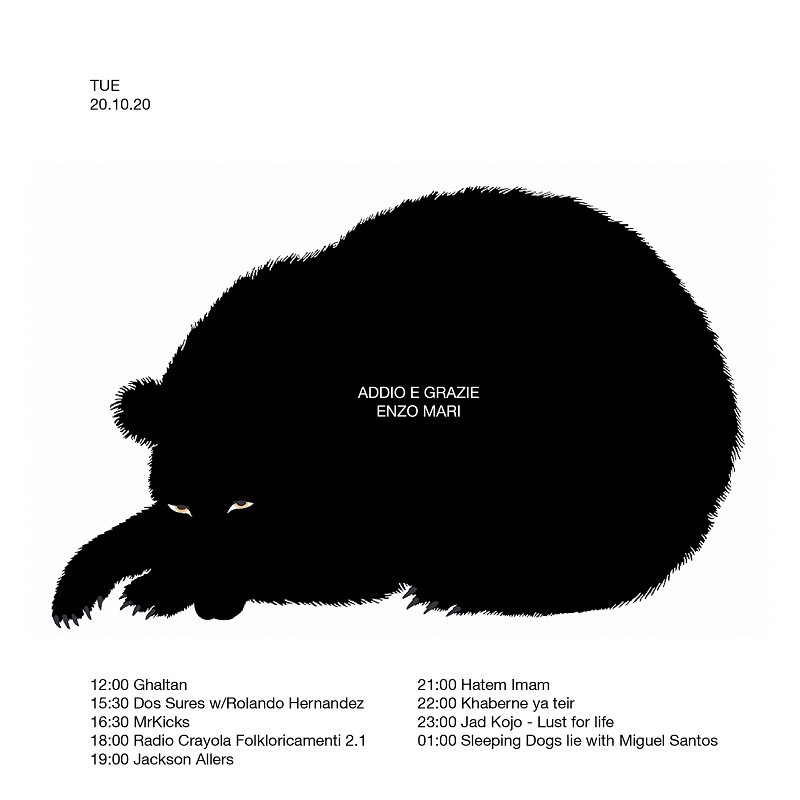 Radio AlHara does not shy away from multidisciplinary exploration, where residents like Lil Asaf (aka Bashar Suleiman), Hatem Imam of Beirut-based Studio Safar, and Miguel Santos stretch and bend the concept of sonics to create uniquely textured shows. It also acts as a space that hosts multifaceted conversations of the past, present, and future. Shirine Saad’s Hiya podcast (which gave birth to the first all-women festival in our region, Hiya Live) interviewed revolutionary Arab women in music, while Reem Shadid interviewed pioneers of soundscape around the world in her show ‘Listening with Reem Shadid’. Other shows dabble with amicability and lightheartedness using music as a medium. Shows like ‘Round Midnight with Jack Persikian’ or ‘Beth Ya Hashem’ invite artists to casual conversations, trips down memory lane and curated lists of their favourite songs. That’s only a sample of their regular programming and not even close to the full picture with global sounds from the likes of Edna Martinez, David August, Coco Maria and Palestine-based producer and BLTNM co-founder, Al Nather.
Radio AlHara does not shy away from multidisciplinary exploration, where residents like Lil Asaf (aka Bashar Suleiman), Hatem Imam of Beirut-based Studio Safar, and Miguel Santos stretch and bend the concept of sonics to create uniquely textured shows. It also acts as a space that hosts multifaceted conversations of the past, present, and future. Shirine Saad’s Hiya podcast (which gave birth to the first all-women festival in our region, Hiya Live) interviewed revolutionary Arab women in music, while Reem Shadid interviewed pioneers of soundscape around the world in her show ‘Listening with Reem Shadid’. Other shows dabble with amicability and lightheartedness using music as a medium. Shows like ‘Round Midnight with Jack Persikian’ or ‘Beth Ya Hashem’ invite artists to casual conversations, trips down memory lane and curated lists of their favourite songs. That’s only a sample of their regular programming and not even close to the full picture with global sounds from the likes of Edna Martinez, David August, Coco Maria and Palestine-based producer and BLTNM co-founder, Al Nather.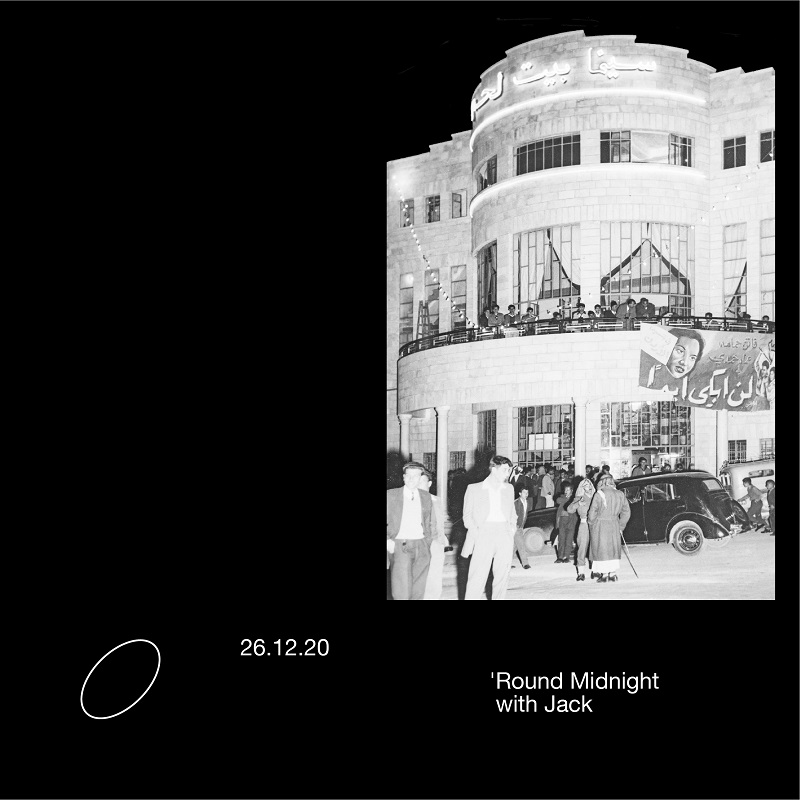 In the full spirit of Radio AlHara, this very generous programming is not curated, but rather instigated by two integral elements: curiosity and openness. In the search for new and unique sounds the team also discovered new faces who quickly filled the airwaves. They always started with one premise. “We’re interested to know what kind of music you like. We’re curious about what people listen to at home (where we all are). We have established artists playing the Radio, but we’re equally interested to hear what they personally jam to, and even more what a regular music enthusiast likes …. and we’re constantly being introduced to these fantastic people,” Saeed says. “Like who are you!?” Soon enough, Radio AlHara branched out to become a network of people who gravitate on the same wavelengths and contribute to building the radio in their own ways, and that’s where the openness plays out.
In the full spirit of Radio AlHara, this very generous programming is not curated, but rather instigated by two integral elements: curiosity and openness. In the search for new and unique sounds the team also discovered new faces who quickly filled the airwaves. They always started with one premise. “We’re interested to know what kind of music you like. We’re curious about what people listen to at home (where we all are). We have established artists playing the Radio, but we’re equally interested to hear what they personally jam to, and even more what a regular music enthusiast likes …. and we’re constantly being introduced to these fantastic people,” Saeed says. “Like who are you!?” Soon enough, Radio AlHara branched out to become a network of people who gravitate on the same wavelengths and contribute to building the radio in their own ways, and that’s where the openness plays out.
Yazan explains how the radio is an ever-evolving entity that reacts to contextual happenings and grows through the inputs of its community. The fact that the radio was never predefined and its evolution was never premeditated, allowed it to grow in ways they never expected. To that effect, the radio becomes a reflection of the collective process that takes place in its backend. Now the team of five has ceased to become the only people responsible for Radio AlHara, but rather this responsibility is decentralised and shared amongst the community. Whether by connecting with new artists who can add value to the programming or by taking over supporting functions, community members have become integral drivers of the radio.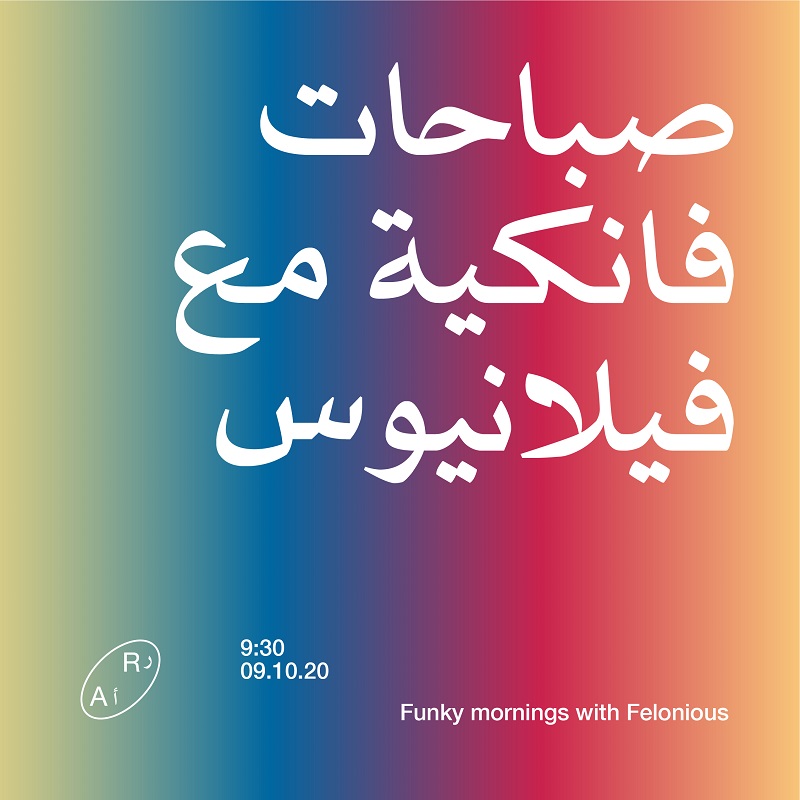 Here are regular people, artists, cultural practitioners, designers, and music enthusiasts who met online, separated by borders, walls, and confinement restrictions working in synergy to run this sonic oasis. In an Arab world where a crisis in collective work is only intensified by bureaucratic and outdated cultural institutions, where public spaces are an afterthought and public liberties are persecuted, the radio emerged with an innovative infrastructure that stood the test of time. In one year, Radio AlHara was exceptionally successful in bridging communities across the globe to the tune of tomorrow.
Here are regular people, artists, cultural practitioners, designers, and music enthusiasts who met online, separated by borders, walls, and confinement restrictions working in synergy to run this sonic oasis. In an Arab world where a crisis in collective work is only intensified by bureaucratic and outdated cultural institutions, where public spaces are an afterthought and public liberties are persecuted, the radio emerged with an innovative infrastructure that stood the test of time. In one year, Radio AlHara was exceptionally successful in bridging communities across the globe to the tune of tomorrow.
“Remember how they used to tell you as a kid that the world outside is not what you think it is? I guess the radio is how you imagined the world back then,” Yousef so eloquently wraps up his thoughts about how Radio AlHara has become something they collectively enjoy working on and watching grow.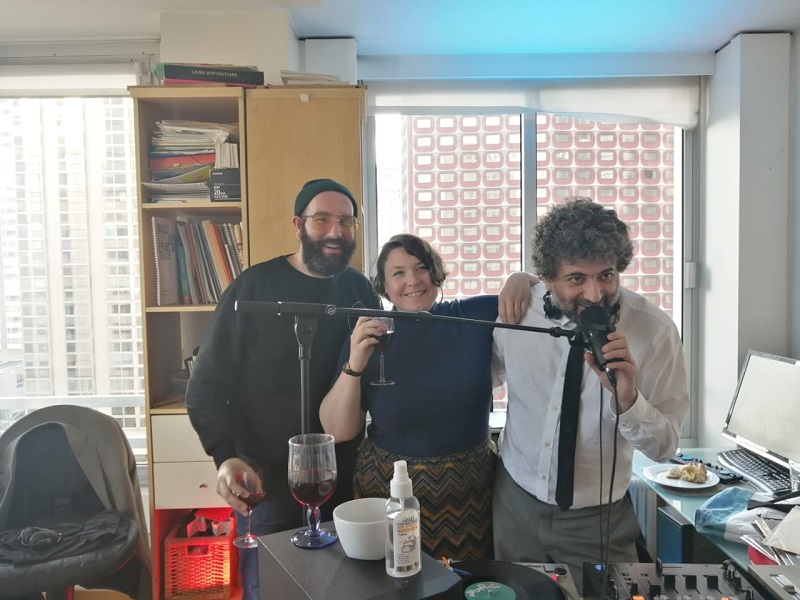
In one year, Radio AlHara has reached unprecedented heights without compromising any of its values and staying consistent with its human and communal identity. It has provided endless opportunities for artists and music enthusiasts to push for new meaning and revelations. It has acted as a platform where musicians can premiere their work in a new medium that’s directly interacting with the listener without going through the constructs of algorithms and data mining, commercialism, and capitalistic stream profit schemes. It was a sonic space that brought back the thrill of proactive listening and participation, marking it as one of the most exciting takes on collective cultural productions coming from the region. Radio AlHara has been the closest thing to a futuristic parallel universe and yet is so grounded in the present moment, almost as if on the radio tomorrow really comes today.
Follow Radio AlHara on Instagram, Facebook and their official website.
- Previous Article test list 1 noise 2024-03-13
- Next Article Wegz Teams Up with PUBG for Hard-Hitting New Track Hattatack Battatack
Trending This Month
-
Jan 29, 2026



